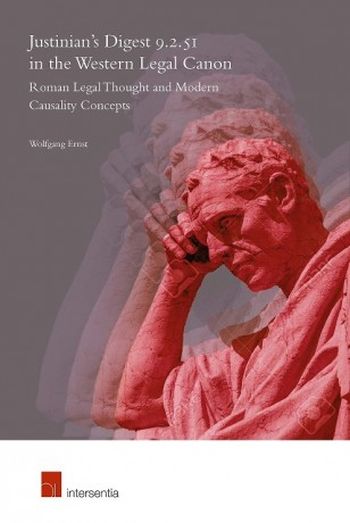
Justinian’s Digest, enacted 533 CE, collects excerpts of high-calibre writings from Roman legal intellectuals, produced in the first and second centuries CE. Since the High Middle Ages it has been used as a quarry of legal concepts and doctrines. Concerning the liabilities of two consecutive attackers, the first of whom mortally wounds the victim, while the second finishes the job and leaves the victim dead, the Digest preserves two conflicting texts: Celsus (67–130 CE) held that the second attacker is liable, under the relevant statute (the lex Aquilia), for killing, whereas the first attacker should be liable for wounding only. Julian (ca 110–ca 175 CE), in contrast, advocated holding both attackers liable as killers.
To the present day, commentators on Justinian’s Digest have been challenged to make sense of the conflict between these two statements. Ever more elaborate interpretations have been advanced, unlocking a range of diverse issues of causality and evidence, deterrence and statutory interpretation. Like few other texts from Roman lawyers, Julian’s essay (D. 9.2.51), mirrored in a colourful spectrum of intellectual responses, emerged as a signature piece of the western legal canon.
Focussed on the history of one case, this book provides an exhaustive review of past and present interpretations and makes for a historiography of Roman law scholarship, from its medieval beginnings to our contemporary research activities.